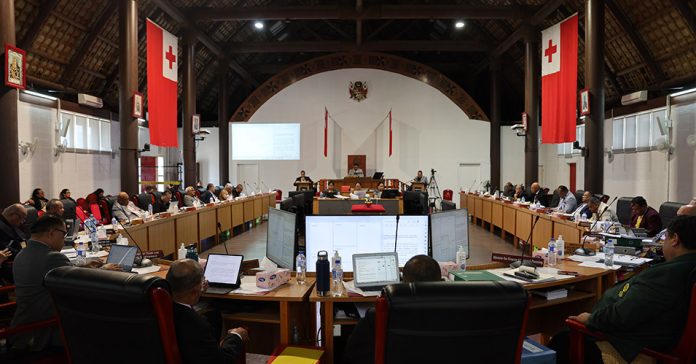Tonga’s Constitution Day on November 4 recognizes the nation’s 1875 constitutional establishment as a monarchy under King George Tupou I. Known as National Day since 2006, this milestone reflects Tonga’s exceptional position as one of the Pacific’s independently governed nations throughout history.
The constitutional monarchy emerged in 1845 when Tāufaʻāhau, a skilled warrior, unified the archipelago. Following his 1831 baptism, he chose the name Siaosi (George), inspired by Britain’s King George III. His 1875 coronation as King George Tupou I coincided with the constitution’s implementation, establishing Tonga’s monarchial foundation.
The constitution merges Polynesian customs with modern governmental structures, defining clear roles for the Executive, Legislature, and Judiciary. This fusion enables Tonga to sustain its rich heritage while evolving with contemporary governance needs.
Tonga’s sustained constitutional governance has created enduring stability. The nation continues as the Pacific’s sole kingdom with an uninterrupted monarchial lineage, preserving authentic Polynesian traditions.
The kingdom spans 171 islands across 700,000 square kilometers of South Pacific waters. Its stunning landscape features pristine beaches, dense rainforests, and dynamic volcanoes, drawing visitors worldwide.
Democratic reforms have shaped modern Tonga, with 2010 bringing the first publicly elected parliament, ending 165 years of feudal rule. In 2015, the nation appointed its first non-noble prime minister, advancing its democratic evolution.
Constitution Day unites Tongans through vibrant cultural displays. Communities gather for traditional music, dynamic dance performances, and authentic cuisine, welcoming visitors to experience the renowned hospitality of the “Friendly Islands.”
The occasion embodies Tonga’s successful integration of time-honored customs with contemporary governance. It demonstrates the country’s consistent strength in maintaining its sovereignty while embracing progress.






